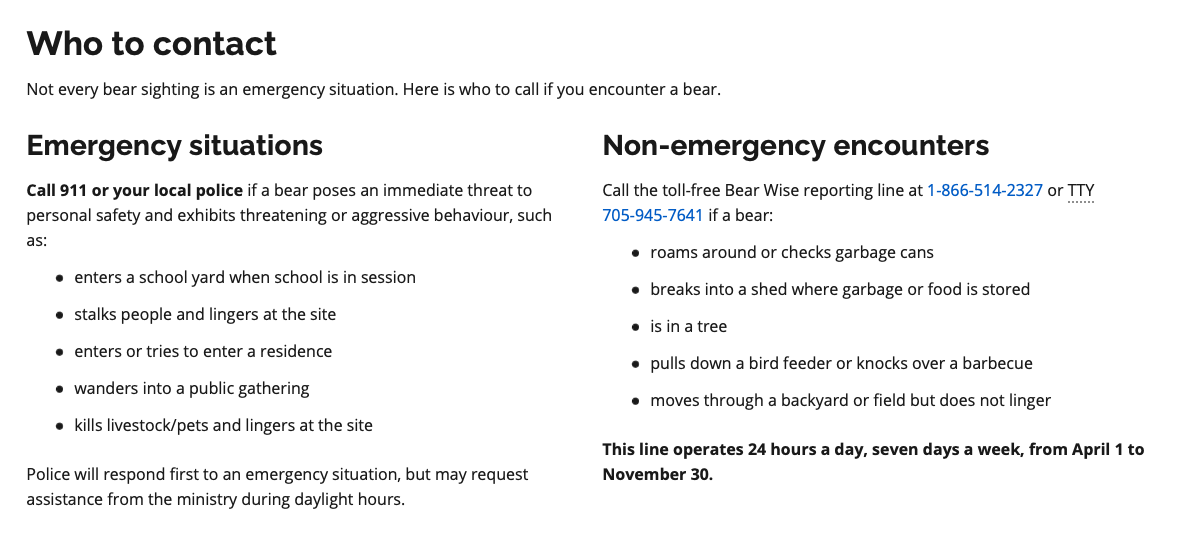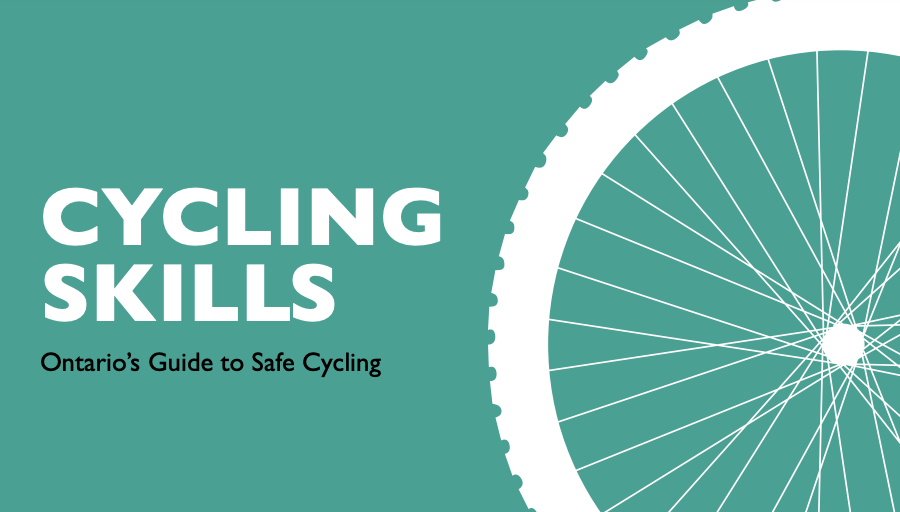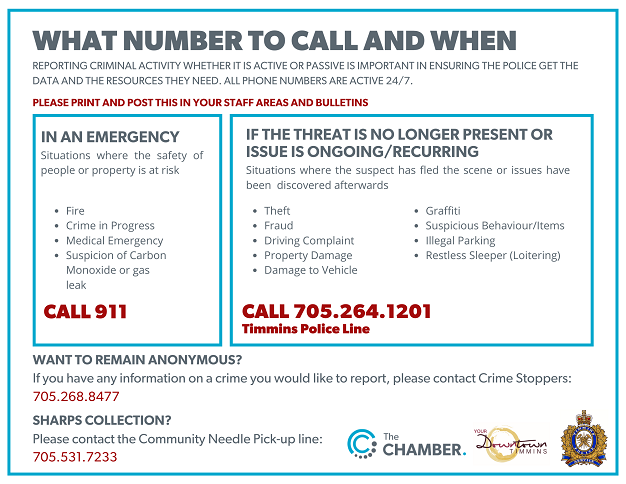Timmins Police Service
Excellence In Service Through Quality Policing
Excellence In Service Through Quality Policing
- FOR EMERGENCIES DIAL 911
The Timmins Police Service is dedicated to ensuring the safety and security of our community while striving to uphold our core values of Professionalism, Partnership, Empowerment, Innovation, and Service. All citizens are entitled to fair and impartial service from the police. A concern may be able to be resolved by discussing the incident with an officer within the Professional Standards Bureau. Citizens are welcome to attend in person or call the Timmins Police Service and simply have a conversation to clear up a question or complaint. The Timmins Police Service would be pleased to discuss police actions and the laws or procedures that apply with anyone who believes that additional information would be helpful. The Police Services Act governs the conduct of police officers in the province of Ontario and allows members of the public to file an official complaint. The Law Enforcement Complaints Agency (LECA formerly OIPRD) is responsible for receiving, managing, and overseeing all public complaints about municipal, regional, and provincial police in Ontario. As an independent civilian oversight agency, LECA ensures all public complaints against the police are dealt with in a manner that is transparent, effective and fair.
If you have a complaint about the conduct of a Police Officer or about the services or policies of the Timmins Police Service, you may file a formal complaint by contacting the Law Enforcement Complaints Agency (LECA) or by attending the Timmins Police Service and completing a LECA – Complaint Form.
We will send your complaint to the attention of LECA who will maintain jurisdiction of the complaint until it is resolved.
You may also call LECA directly by phone:
Toll-free phone: 1-877-411-4773
Local phone: 416-246-7071
TTY: 1-877-414-4773
NEED HELP? Contact Timmins Police or Victim Services.
The following maps are of the townships within the boundaries of the city of timmins that illustrate where hunting is allowed and prohibited
Hunters must acquaint themselves with these by-law restrictions to be in compliance with safe hunting regulations
Keeping with the Timmins Police Service’s commitment to public safety, the following Bear-Wise tips are provided as a public service.

1) Never leave garbage behind. If you must leave before garbage day, take your garbage with you when you go. Take it to an approved waste disposal site. Put garbage in containers that have tight-fitting lids, and only put it out on garbage day, not the night before. Store garbage in a bear-resistant container, secure shed or garage. Do not store garbage in plywood boxes, old freezers or vehicles. Do not stockpile garbage. Take it to an approved waste disposal site regularly. Keep meat scraps in the freezer until garbage day.
2) Fill bird feeders only through the winter months.
3) Never feed bears (or other wildlife) or try to approach them.
4) Remove grease and food residue from barbecue grills, including the grease trap, after each use.
5) Do not put meat, fish or sweet food (including fruit) in your composter.
6) Pick all ripe fruit off trees, and remove vegetables and fallen fruit from the ground.
7) Encourage your neighbors to practice Bear Wise habits.
8) Use a strong disinfectant to eliminate all odors from garbage and recycling containers and lids.
9) Never discard cooking grease outside. Instead, place it in a container with a lid, transfer it to a plastic bag and include it with other properly stored garbage.
10) Even non-food items like suntan lotion, insect repellent, soap and candles attract bears.
11) Close and lock all windows and doors.
12) If you are away for an extended period of time, have someone you trust check in and look for signs that a bear has either visited or broken into your property.
13) Do not leave pet food outdoors. Feed pets indoors, not outside or in screened-in areas or porches.
14) Avoid landscaping with trees, shrubs or plants that produce food known to attract bears (some examples include crab apple trees, mountain ash, beech and oak.)

Safety measures and tips to help keep your home and valuables protected from would be thieves.
Interior
Exterior
Vacation
Serious assaults and violent acts continue to be a concern. Domestic violence and violent crime against people with distinct needs must be addressed.
Our Goals:
Emergency Numbers
Emergency – 911
Ontario Provincial Police – 1-888-310-1122
Ministry of the Attorney General
Victim Witness Assistance Program (VWAP)
38 Pine Street North Suite 129 (101 Mall) — 360-1905
The Victim Witness Assistance Program is available to help you if you are involved in a criminal case either because you are a victim of crime or because you have been called as a witness to testify in a case. The mandate of VWAP is to provide information, assistance and support to victims and witnesses of crime throughout the criminal justice process in order to improve their understanding of, and participation in, the criminal justice process. There is no fee for this service.
Our key services are:
Timmins and District Victim Services (located in the Timmins Police Services) – 185 Spruce Street South, Main Floor – 705-360-8700 www.timminsvictimservices.ca
The Timmins and District Victim Services, Ontario is a non-profit organization which assists police and other emergency services in providing emotional and practical assistance to people who have experienced a crime, tragic life event or community disaster including.
HOW WE CAN HELP
We can help in a variety of situation. Some examples are:
• Domestic Violence/Intimate Partner Violence , Sexual Violence , Human Trafficking, Sudden Death / Suicide, Death Notification, Homicide, Stalking & Harassment, Elder Abuse, Internet Crime, Hate Crimes, Multi-casualty Occurrences, Robbery, Property Crime, Personal Crisis, Community Disaster, Bullying
WHAT WE OFFER
In general, we offer:
• Confidential, non-judgmental crisis support and practical assistance
• On-site support
• We offer follow up contact to check in with the individual a few days later to see how they are doing and if we can be of any further assistance
• We also offer short term support over the telephone during office hours – this can be requested by the community at large, without a referral
• Because we are a short-term crisis response program, we also offer referrals to existing community agencies for longer term support
• We provide support to friends and family members of someone who has been victimized by crime or tragedy and to provide a better understanding of what their loved one may be going through
• We provide public education and awareness on related issues
***It is important to note that our service is free to all residents of Timmins and District, and it is based on consent
Timmins & Area Women in Crisis (TAWC) – 355 Wilson Avenue – 268-8380
TAWC is our local sexual assault crisis centre. It has a 24 hour crisis line for women age 16 and over who have experienced violence including sexual assault, incest, childhood sexual abuse, date rape, domestic violence, and stalking. TAWC offers crisis intervention, face-to-face support and advocacy, accompaniment to court, police, hospitals, workshops, and referrals. All services are in English or Native perspective. Practical assistance services include a clothing exchange program and computer access.
Centre Passerelle pour femmes (CPF) – 330 Second Avenue Suite 206 – 705-360-5657
CPF is a francophone sexual assault centre for women aged 16 and over who have been victims of violence and abuse (sexual assault, harassment, incest, physical abuse etc). Services are offered to women who reside in the Cochrane District and include individual/group support, crisis intervention, advocacy, accompaniments to legal and medical appointments, practical assistance and referrals to appropriate services.
La ligne d’écoute Femaide – 1-877-336-2433
La ligne d’écoute Femaide is a crisis line available to francophone women, victims of violence and abise (sexual, psychological, physical, emotional, financial, etc). Services are confidential and can be accessed 24 hours a day, 7 days a week.
Women’s Shelter
Matheson, Ontario – 1-705-273-2339 or 1-866-993-2339
The Women’s Shelter offers women a number of emergency housing services and supports through the Women’s Shelter, Community Outreach Program, to women (+16) and their children who are experiencing violence or abuse in their lives. The Women’s Shelter is a safe and secure ten-bed home where a woman can go to protect herself and her children from violence and abuse. Services include support counselling, education on woman abuse and woman’s issues, life skills, parenting skills, advocacy, safety planning, referrals to legal, housing and financial resources, and therapeutic counselling.
Sexual Assault Helpline – 1-800-205-7100
The Sexual Assault Helpline provides 24-hour telephone support 7 days a week, which recognizes and respects the strengh of each woman and offers a non-judgmental setting. It is based out of Sault Ste. Marie, Ontario.
Assaulted Women’s Helpline – 1-866-863-0511
The Assaulted Women’s Helpline is a province-wide, toll free crisis line available to help women in need. The line provides assaulted women with immediate information and support, and is available 24 hours a day, 7 days a week. They also speak to friends and family members of abused women, service providers and other professionals in contact with abused women. It has also incorporated the use of the Language Line, allowing counsellors to provide services via an interpreter in up to 154 languages.
While the Internet can be an incredible social and educational tool, your online safety depends on taking a proactive approach and protecting yourself, and your children, from bullying and cyberbullying, cyberstalking stalkingand online exploitation. Some useful resources include:
Parents
Let your child know they can talk to you about anything and that you will always support them, no matter what. Building trust is important and lets your child know that they can come to you without fear of judgment.
Social media and online technology are a regular part of your child’s life. Threatening to take away their Internet access or smart phone can have harmful effects; your child will be less willing to come and talk to you if something negative is happening to them online.
Social media sites
Social media sites let you share photos, videos and more with friends and family. You need to careful as strangers can sometimes see the information you share. One photo can give away personal information, like where you currently are or where you live. You can remove location information on apps and programs from the posts you make. Social media sites often update their security settings without warning. Make sure to check your settings at least once a week to ensure your privacy.
Remember that once you post something online, you cannot control who has shared, screen shot or downloaded it. Removing it from a post does not mean someone has not already taken that information.
Sending photos, videos or messages that are sexual in nature by text message or online has the same risks as photo sharing and webcam use: once you have sent a photo, video or message of yourself, it is out of your control. There is no way to limit who the photos or videos are passed on to or who will see them. Once a photo is online, it is out there forever.
If you simply wish to provide information about the fraudulent call, please submit a report to the Canadian Anti-Fraud Centre.
Common prevention tips
Do not feel pressured into providing any personal information to unsolicited contact through phone calls, text messages, emails, door to door persons, and so on. You have the right to take your time to research and confirm their credibility.
Remember you can stop any fraud by hanging up, not replying to the email, shutting your door and not providing them with personal information.
Never feel forced into providing personal information about yourself which could lead to Identity Theft.
Call The Timmins Police Service or your bank if you have questions or concerns and remember, if it sounds too good to be true it probably is.
Be wary
Be cautious of any person, business, or agency contacting you for an “urgent matter”, an “emergency”, or a “legal issue”, that immediately requires your information or payment of some sort. Fraudsters are often successful because they create a sense of urgency and get you to react before thinking. Again, you have the right to take time to research and confirm if they are legitimate.
Don’t pay in iTunes gift cards or bitcoin
Be very cautious of any so-called official person, government agency, business or organization that requests payment in iTunes gift cards or bitcoin. These types of payments are almost always used by fraudsters as they are nearly impossible to trace or recover. No Government or law enforcement agency will ever ask you for payment and/or donations over email.
Don’t feel pressured
If you are contacted by someone seeking a donation for charity and you are unsure if they and/or the charity is legitimate, do not be pressured into making a donation for some “urgent” cause. Legitimate charities in Canada are registered by the Canada Revenue Agency. You can search the Canadian Governments list of charities. If the charity is well known, but you are unsure of the person seeking the donation, obtain the charity contact information from the phone book or online and then call to confirm the person is legitimate.
Be cautious of telephone solicitors
Do not trust Caller ID. Scammers can use Caller ID Spoofing to make their number look like any phone number including Government agencies, police departments, well-known businesses, and so on.
Common frauds and scams
The Canadian Anti-Fraud Centre – CAFC collects information and criminal intelligence on frauds and scams. If you are suspicious that something or someone might be fraudulent or you just want to learn more, you can browse known scams and have a look at the Little Black Book of Scams resources. Please share this information with family and friends. Knowledge and caution is the best protection against fraud.
The 9-1-1 telephone system has an Automatic Location Identification System and an Automatic Number Identification System which lets the call taker know the address and telephone number of the caller. If a caller is unable to communicate or respond, the Police will be dispatched to the location immediately. Be prepared to answer several questions:
Which service do you require? Police, Fire or Ambulance Service? You will then be transferred to the agency you’ve requested. If your incident requires more than one emergency service, advise the call-taker.
What is your address? You need to provide the address of the incident, including the municipality.

9-1-1 Response Time
If your call is deemed an emergency, police, fire and ambulance will arrive promptly.
If we determine your call is urgent, but not an emergency, the time it will take for our officers to arrive can vary depending on how many other urgent calls are waiting, the time of day and the availability and location of officers.
Once you have spoken to a call taker, do not call back to 9-1-1 to ask for an estimated time of arrival (ETA). Our dispatchers cannot provide you with an ETA.
What you Should Know When Dialing 9-1-1